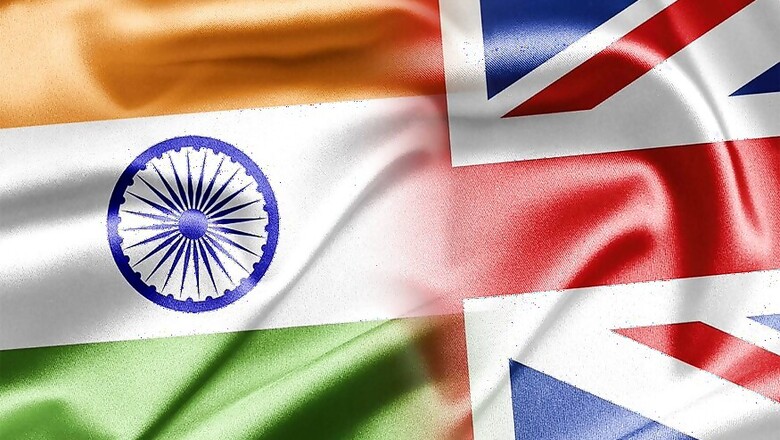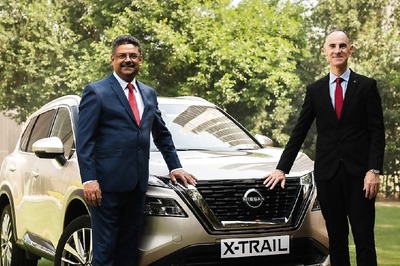
views
London: A new free-trade agreement (FTA) between India and the UK, following Britain's exit from the European Union (EU), could take nearly seven years, according to an analysis released by an anti-Brexit think-tank on Tuesday.
Open Britain, set up as a campaign group against a hard Brexit by prominent British politicians and campaigners, analysed the time taken by countries in their various FTA negotiations of the past to come up with an average estimate. India takes on average six years and 11 months, compared to China's five years and nine months, the group found.
"In the case of India, to get trade talks started the UK would need to agree to grant more visas for Indian workers, something the UK government blocked in the EU-India FTA talks," Open Britain pointed out.
"China, meanwhile, is deeply protective of its services sector. In return for any kind of trade deal, Beijing would likely want Britain to advocate for it to be granted 'market economy status' at the World Trade Organisation," it notes.
As part of its research, the group added up the time estimates for five major countries identified as priority targets with post-Brexit FTA potential India, China, the US, Australia and New Zealand and concluded that it could take a total of 26 years before Britain is able to strike FTAs with these key non-EU economies.
"As new information, like the enormous length of time it is likely to take to negotiate any new trade deals, comes to light, we all have the right to ask if Brexit remains the best choice for our country and to keep open the option of saying 'no thanks' to what (British Prime Minister) Theresa May brings back from her negotiations," said Labour party MP Peter Kyle, a leading supporter of Open Britain.
Britain will be in a position to negotiate new trade deals with countries like India only after its official exit from the EU on March 29 next year. Open Britain's estimates claim that if the UK government sought to negotiate with each of the key countries consecutively it could hope to have deals with all five countries in place by 2045.
"Even then, the government's own analysis says a trade deal with the US would only benefit GDP by about 0.2 per cent in the long term, with deals with other non-EU countries adding just a further 0.1 per cent to 0.4 per cent to GDP over the long term," the group warns.
The think-tank claims that the Department for International Trade (DIT) has limited resources to take on more than one set of negotiations at the same time and in addition, it will likely be busy negotiating an FTA with the EU well into the 2020s.
Lord Patten, former EU Commissioner, trade negotiator and supporter of Open Britain, added: "Trade negotiations are nasty, brutish and long. After a hard Brexit the UK will not be in a position to dictate terms to major economies like the US and China.
"Under pressure from ministers to salvage something after Brexit, ministers risk being taken for a ride by President (Donald) Trump and others who will insist we lower our food and environmental standards and possibly open up our NHS so that their industries can get a foothold in the UK."
Under the terms of Brexit agreed so far, Britain and the EU have agreed to a transition phase until December 31, 2020 as a status quo period for both sides to finalise a new trade agreement. The UK government has claimed that this should be a relatively smooth process as it hopes to replicate the existing EU FTAs that already exist with member-countries.




















Comments
0 comment